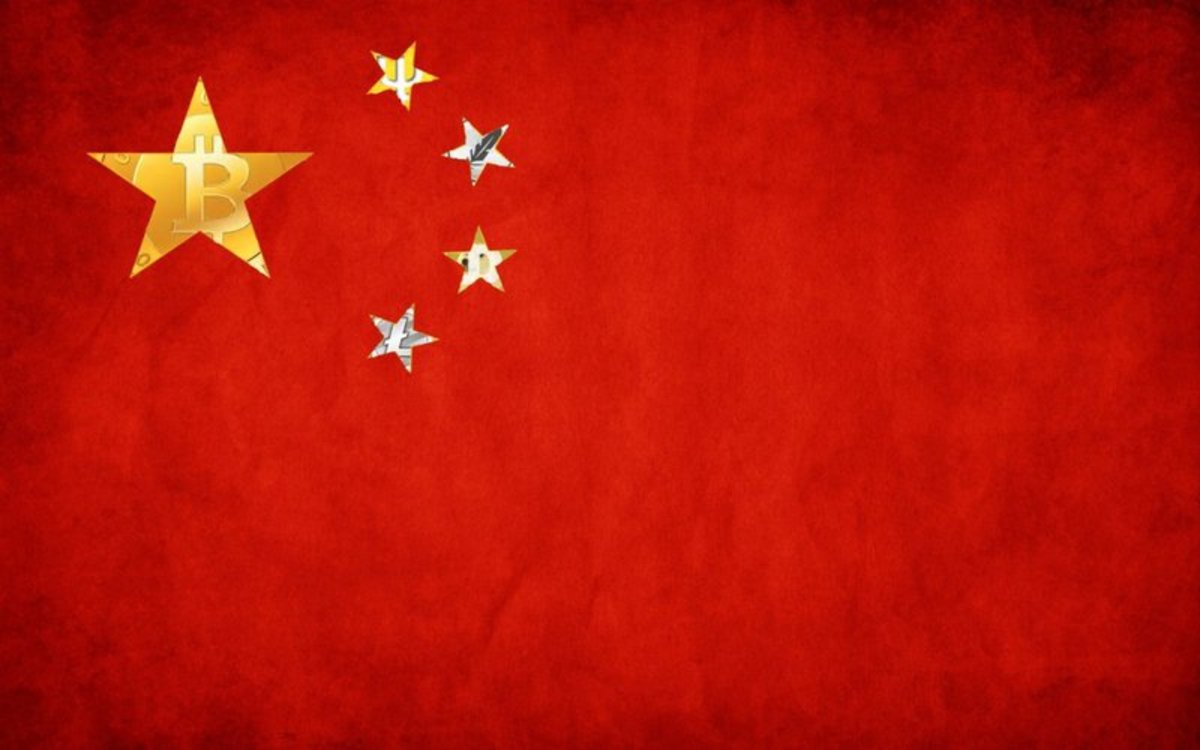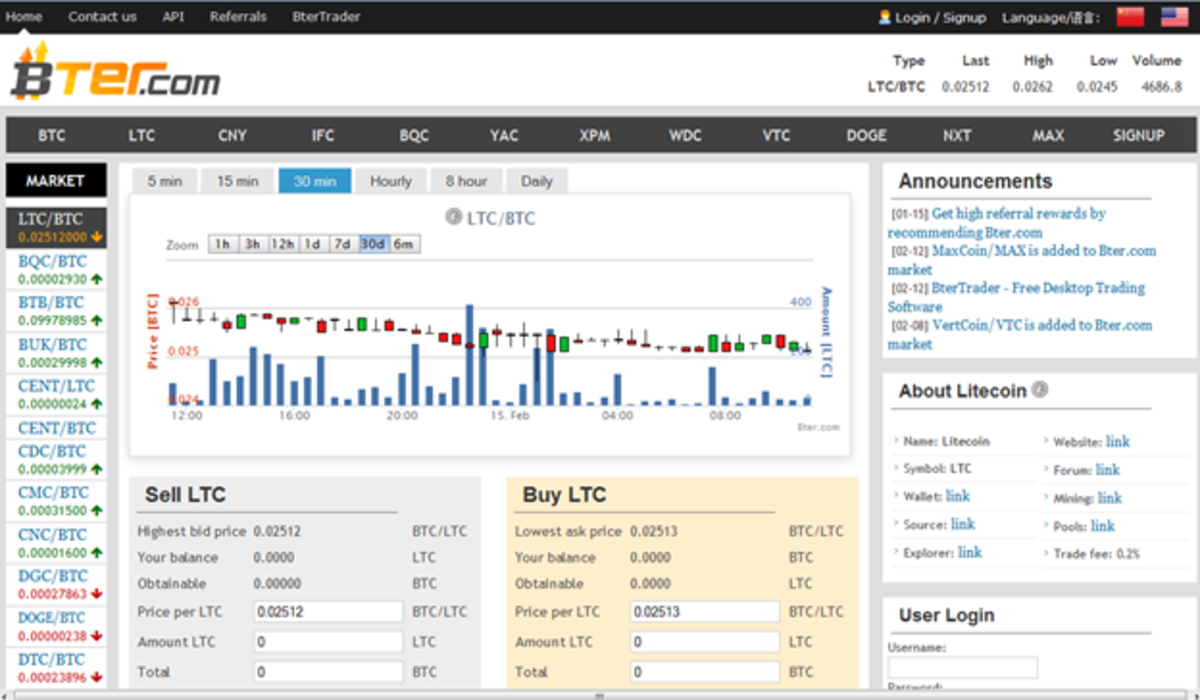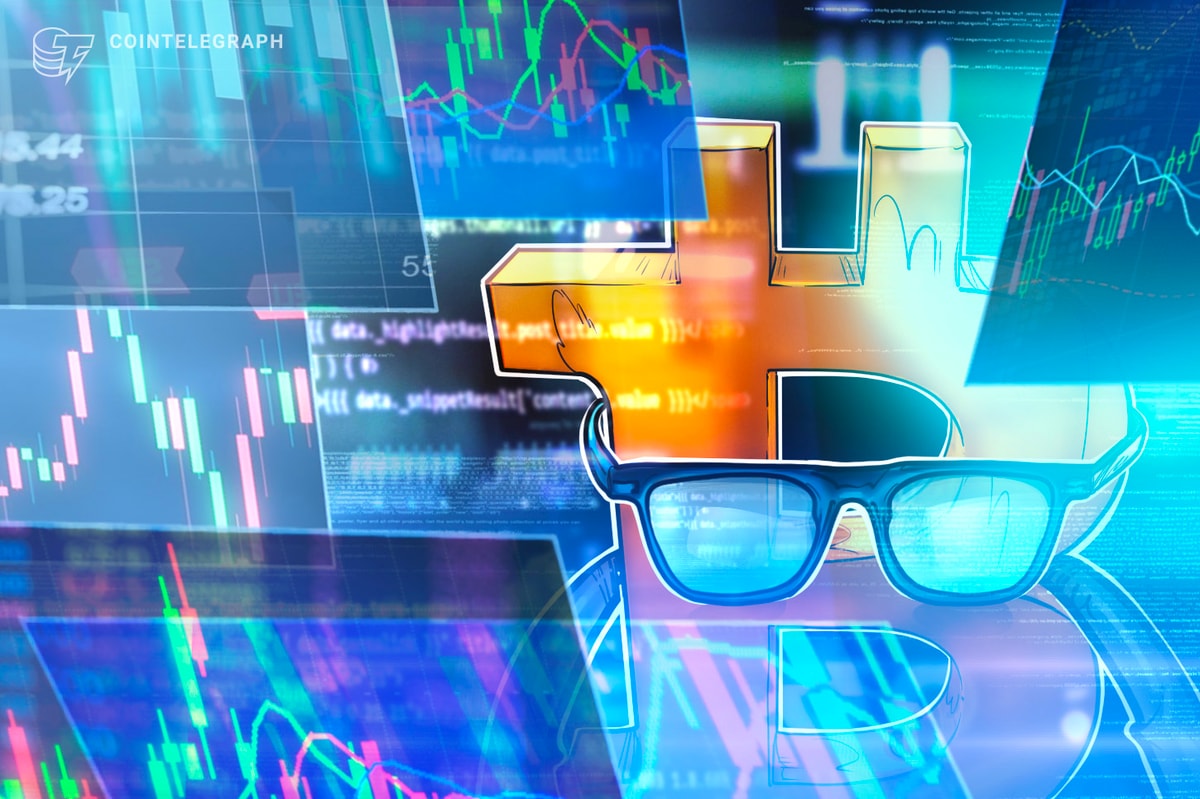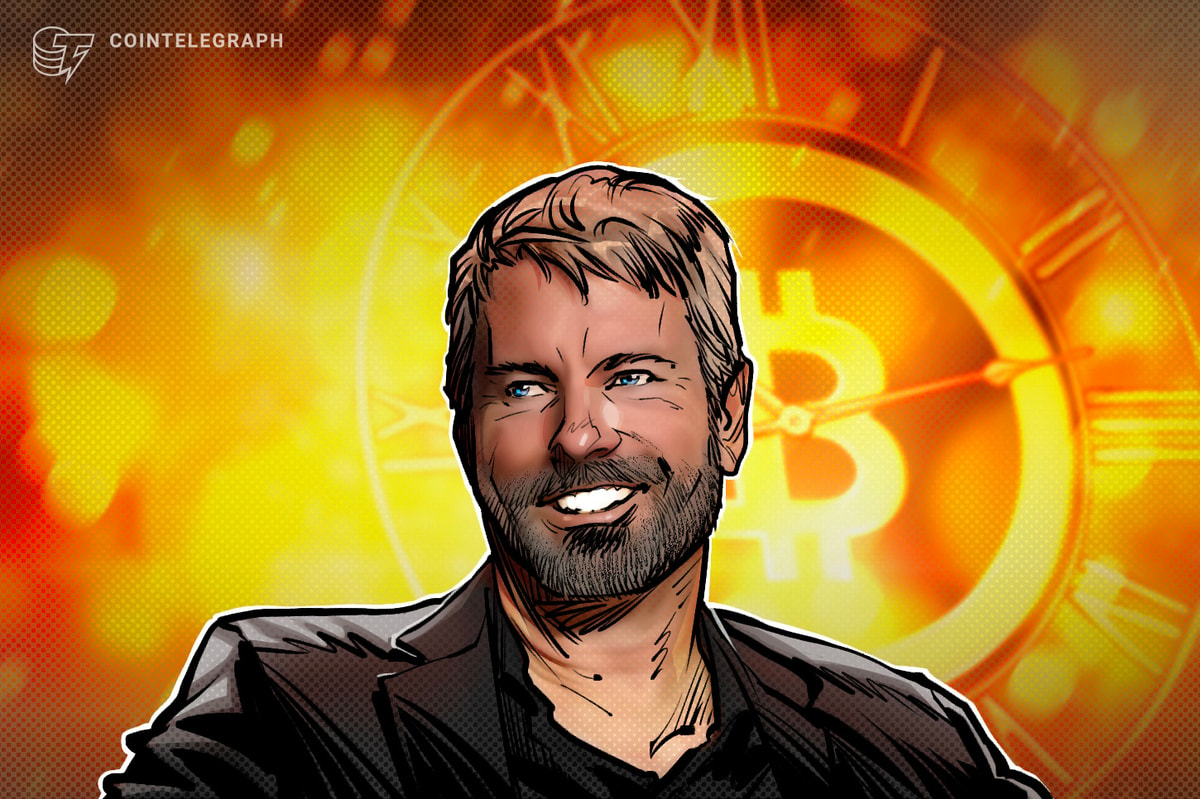
Foreign Government Risk.
In addition to trusting the digital currency exchange one might also consider the government that makes or changes the laws in the country in which the exchange operates. Governments have coordinated together and created laws commonly referred to as “Know Your Customer” or KYC. However, the citizens are left without protection and many have had their money and digital currency stolen. These series of articles are aimed to give the reader more knowledge, tips and tricks to arm themselves. These we call the KYE rules or “Know Your Exchange”.
Part one of the series looked at two of the most popular exchanges that have been popular to the western world. Part two expanded on the research tools and tips for the reader to do their own research in effort to find the exchanges for which they are most comfortable. The reader must weigh several factors to make the best possible decisions for trusting the exchanges. Several new exchanges have recently opened in the Asian part of the world. There are several unique qualities that make Asian cultures somewhat different than western cultures. Chinese citizens are more likely to be gamblers. This creates price speculation swings that may not have anything to do with the fundamentals or the potential for the currency itself. This article references three Chinese exchanges for illustration of discussion. This is not a review of the exchanges themselves.
BTC-China
BTC-China CEO, Bobby Lee
In the autumn of 2013 the BTC-China exchange soared past Mt. Gox and became, albeit temporarily, the biggest digital currency exchange in the world measured in reported volume trading. Chinese investors swarmed to the exchange with new money when BTC-China announced they were eliminating trading fees. The ensuing price of bitcoin rose from under $200 to over $1,400 USD on the exchange in less than 10 weeks. This also raised the price fivefold throughout the world during the same time period. Then it all came to a crash on December 5 when the Chinese central bank sent a memo to their banking system with instructions that they were not allowed to conduct official business with digital currencies. The price of bitcoin crashed by $400 in the ensuing days.
Bobby went to work carefully studying the wording and meaning of the memo to find a solution that would keep his exchange open for business. He came up with a clever idea to sell vouchers through an eBay-like system in China that gave the customer a voucher code that they could then redeem on the exchange. It was important to note that China could have just simply banned the exchanges but chose not to. This was interpreted as a move to keep banks out of bitcoin speculation and circumvent China’s control over their official currency. Many people inside the country have been finding creative ways to get their money out of China and into a foreign currencies they deem safer.
BTC-China eventually followed the lead set by another Chinese digital currency exchange; Huobi. The CEO of that exchange, Leon Li, first allowed depositors to send money to his personal bank account which he then flowed into the exchange on their behalf. With the success of Huobi, BTC-China quietly followed this new approach at thebeginning of February.
HuoBi
The word HuoBi means “Fire Currency” in Mandarin Chinese. It shot out of relative obscurity with its continued no-fee trading structure and is listed as one of the top exchanges by reported volume thanks in part to Leon Li, whose personal bank account funded the exchange. No outside banks issued money directly to the exchange.
As far as the reported numbers of volume issued from Huobi, there is concern that all might not be what it seems. Another Chinese exchange, OKCoin, was accused of misreporting their trading volume when an exchange arbiter discovered the volume on OKCoin remained steady with its previous reporting even though the central bank’s ruling had stung the trading volume on the other Chinese exchanges. After inquiries were made to the exchange the numbers quietly and suddenly dropped to an expected level.
Many in the bitcoin community continue to openly wonder if HuoBi’s numbers are to be believed. Others question whether internal computers are issuing buysell orders with high frequency trading computers without closing the transactions. Although there are many rumors, they are hard to prove. The Chinese government has issued warning statements about exchanges and does not regulate digital currencies; so exchanges are free to report whatever numbers they like.
The numbers representing the exchange volume are reported from the company itself. There is little transparency and an exchange has incentive to fudge the numbers to get the attention of new customers. One can’t verify these trades on the block chain as they’re all done internally with only net buys or sales that exceed the inventory of the exchange needing to be purchased or sold in the open market to cover the aggregate.
This is not to say that this type of activity is happening at HuoBi. Because several questions have been raised on forum boards about the possibly of this happening, it becomes a good illustration for speculation. With the high volume numbers coming out of these exchanges, these questions repeatedly come up but tend to focus more on Chinese exchanges.

BTER, located in China, is relatively new.
English and Chinese languages are supported on the website. It can, unlike other Chinese exchanges, accept Chinese Yuan directly. The most notable difference for this exchange is the use of several alternative (alt) coins. Compared to US based Cryptsy, the trades were quicker without the lag time common on Cryptsy.
Trying to get good reliable information has proven difficult for this exchange. It was first brought up in the forums last April. This writer opened an account in January and has only slight difficulties. Its authentication procedures were tricky to navigate. Its support system relies on Skype messaging. E-mails were answered, but because of the time difference, sometimes it was 8 – 12 hours later. It may be a one-person support “team”. Navigating the site and making trades was fast and reliable with enough volume that trades ran smoothly. Actually withdrawing the funds was much more tricky than it had to be and was likely buggy. They require a “funds” password that is different than your login password. An email is then sent for your verification. It required the use of a captcha and TOTP Google authentication. A message box appeared when you put in your account name, fund password, TOPT, and Captcha – which then incorrectly indicated that a password change had been requested.
It indicated several times that one of the fields was input incorrectly although after the fifth attempt and careful review each keystroke by a second person onhand, three more attempts were needed. It eventually allowed the funds to be transferred off-site to another bitcoin wallet. This writer interpreted that the exchange really, really doesn’t want you to withdraw the funds. The forum chatter didn’t bring up any serious concerns other than the difficulty withdrawing funds.The litecoin withdraw took many hours to fulfill when after finally giving up – it appeared in an off-site wallet the following day.
This article is not intended to be an all-inclusive review of exchanges. The firsthand experience is only used because there currently is very little information available to form a consensus opinion.
Asian Exchanges – A Perspective
Bitcoin exchanges in communist or totalitarian governments have their own challenges. Capital controls meant to keep money from leaving the country are often necessary as currencies often get inflated to unrealistic artificial levels which get unbalanced against other currencies. In a free market, they would find equilibrium when exchanged freely with foreign currencies as opening a window will equalize the temperature inside a house to the outside temperatures. For citizens who have to buy goods or services outside the country or to maintain buying value, foreign currency is often preferred. Bitcoin has become another path some citizens view as possible escape mechanism for currency to leave the country. Others methods involve ‘fake invoicing’ from foreign purchases, and the purchase and use of gambling tokens which are accepted across borders in reciprocal arrangements between casinos.The financial borders of these countries are usually sealed up by governments for fear of losing control of their manipulated currency value, only when contrasted against other world currencies become exposed.
These countries can do very little against digital currency mining and find an easier time controlling the exchanges. It may be wise to remember that they can change the rules at any time. Trustworthy exchanges are at the mercy of the government’s jurisdiction in which they reside. Historically speaking, centrally planned economies used by totalitarian governments have a poor record of maintaining economic stability and the value of money eventually becomes unrealistic to the point where the country becomes desperate to control it. Attempts at artificial manipulations fighting against the natural law of supply and demand inevitably create bubbles and black markets. Theaverage lifespan of fiat currency is about 27 years. and as a result , when those currencies begin to self-destruct, governments tend to grab all the funds they can find, including personal savings and retirements. We can witness their financial ship sinking most recently in Argentina,Poland, Portugal, Venezuela, and North Korea. These are just a few of the more recently examples, but history is littered with similar stories. Generally it’s not a matter of “if” but “when”.
As long as some powerful countries support and foster bitcoin, perhaps it has a chance to erode the effects of corruption from various less reputable countries. Perhaps bitcoin can end capital controls and break down the money barriers that governments use in efforts to keep their own currency propped up from within. Bitcoin might have an acidic effect for removing cancerous corruption from the inside out. If citizens demand transparency through the block-chain, honest money may turn out to be the only money governments can’t appropriate at will in an effort to plug the sinking ship they’ve created through corruption and oligarchy.
History has proven that every communist country’s economy eventually fails or transforms itself into a quasi capitalist economy (the China experiment). Could it be possible that the end of communism does not come from war, but from the power of digital currencies? With much talk about governments trying to block digital currencies- perhaps ironically it’s in their best interest to protect and foster its growth and acceptance. Once set in motion, non communist countries can simply watch as the currency transforms those governments into accountability in ways tanks and bombs never could. Is it conceivable that nation states will themselves become the largest miners of digital currencies vying for control or protection of the blockchain? Charlie Lee, the inventor of litecoin and Coinbase, made a quiet plug for that idea during the New York hearing of the Division of Financial Services a few weeks ago.
It might be a battle at the flashpoints between old currency and new. Those flashpoints might be at the currency exchange level. It’s important for the reader to watch for this beforehand, and realize that with just a quick memo from the central bank the exchanges could effectively be banned outright; with little or no warning. In these areas it might be even wiser to make due diligence to not only know your exchange, but understand the politics of the country where it resides and ask yourself if you trust the government enough to let the exchange therein hold your money.
The block chain itself is a glass house and as such it might make some very powerful officials nervous. The mighty spotlight of accountability governments shine on us might become unbearably uncomfortable when reflected back onto them. At this point we might rise up and go beyond “Know Your Exchange” – but elevate our knowledge and power that comes with the ability to “Know Your Government”.










